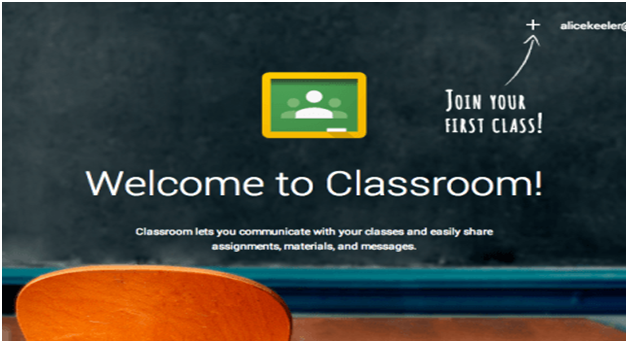Teachers Day: Is Google Taking Over?

Any occasion whether it is universal or local portrays a sense of cultural history or tradition. A cultural tradition may be generational, civilizational or societal. In many ways, one can say that cultural tradition is a thought, is folklore and is a way of life.
Teacher’s day, in that sense is a way of life. It not only connects life as a single variable, but it diversifies the thought of it into livelihood, lifestyle and lifecycle. Being a teacher, as a student understands, is not only about bearing a responsibility as a token for future generations but, in many ways committing to himself or herself to the very thought of it.
Today such a significance of thought or a way of life has been reduced to a standard calendric celebration. There is no wisdom, surprise and playfulness in this official idea of teacher’s day. In fact one feels, one has to go beyond the officialdom of teacher’s day celebration to understand teachers, not as an official history but as a cultural phenomenon, as a way of life.
India, the mysterious construct that we are all a part of once was the greatest profounder of Guru-Shishya Parampara. Today, one feels, that the officialdom of the day doesn’t match or reflect the cultural idea that it signifies or represents in an everyday sense historically.
In fact for me, it all begins with the relationship. For a democracy to be democratic, what one needs is not a citizenship but a relationship. A relationship that allows you to engage, commits mistakes, learn and question. It is in that sense, that I say that a teacher student relationship is one of the greatest democratic relationships of all. It not only builds democracy as a way of life into its very idea but allows for diversity of thoughts to co-exist. In fact, one feels, for democracy and diversity to co-exist what one needs is not the officialdom of nation-state but a healthy student and teacher camaraderie in an everyday sense. It has to be playful, thoughtful and sustainable. In that sense, a teacher student camaraderie engages with education as medium with mentorship and knowledge as a democratic ritual of practice and not as a hierarchical category.
Today, in modern day school or an university, a teacher student relationship has been reduced to the seriosity of the nation state and educational institutes, which not only restricts freedom of thought to mere text books and class room’s curriculums but, fundamentally has changed the role of teacher to a mere messenger, who reflects the aspirations of a nation-state. In fact, one feels, teachers day celebration no longer takes the idea of teachers seriously in an everyday sense. Teacher as a cultural phenomenon is very different from a teacher being the official class teacher.
In my purview, a teacher student’s relationship never ends because in many ways it is this bonding relationship that carriers along as a memory, an experience, value and ethics that we represent in our everyday relation between a student and a teacher.
Today, teacher-student relationships in schools and universities have been reduced to encapsulated spaces under the nexus between educational institutes and nation-states, due to which the sacredness of the relationship is slowly corroding. What’s corroding is not only a democratic relationship between a student and teacher but the very process of seeking and learning.
In a technological world like today, Google as a virtual platform has taken over the role of a teacher. In fact, a friend of mine put it brilliantly when he said during our generation we used to engage with teachers to understand things, but today, young minds engage with Google in order to understand things. Google, in many ways has colonized the relationship between a teacher and student. In fact, one feels, technological advancement or search engines like Google might engage with you with every question you ask, but it can’t match the relationship of a teacher as a mentor, councilor, friend, gossip and rescuer on many timely occasions.
As a student, I salute my teacher. He not only taught me a different way of looking at things, but also made one think about one’s own thought. He taught me, to be self-reflective before being self-determined. He taught me storytelling, because in a deep and profound way, he believed that as a society what we need is a story teller. A story teller who recognizes all knowledge forms as equal and thereby understanding the relation between science and arts, between science and democracy and so on. For him reading a book was never an intellectual pursuit, rather it was always a gossip between the self and the other. He taught me to commit interesting mistakes and to take ideas playfully. Because he believed, that playfulness allows oneself to commit an interesting mistake which may lead to interesting question and answer. He not only taught us life lessons, but made us understood the larger role of a student in a society. More than that, he taught me to engage democratically and think democratically for not only creating a sustainable future but also a sustainable teacher student relationship that goes beyond the official definition of teacher’s day to sustain democracy itself.
This opinion piece is an ode to that mystic teacher friend of mine who combined democracy and relationship between a teacher and a student.
(The author is Social Science Mimic. He is currently with, KIIT & KISS)



